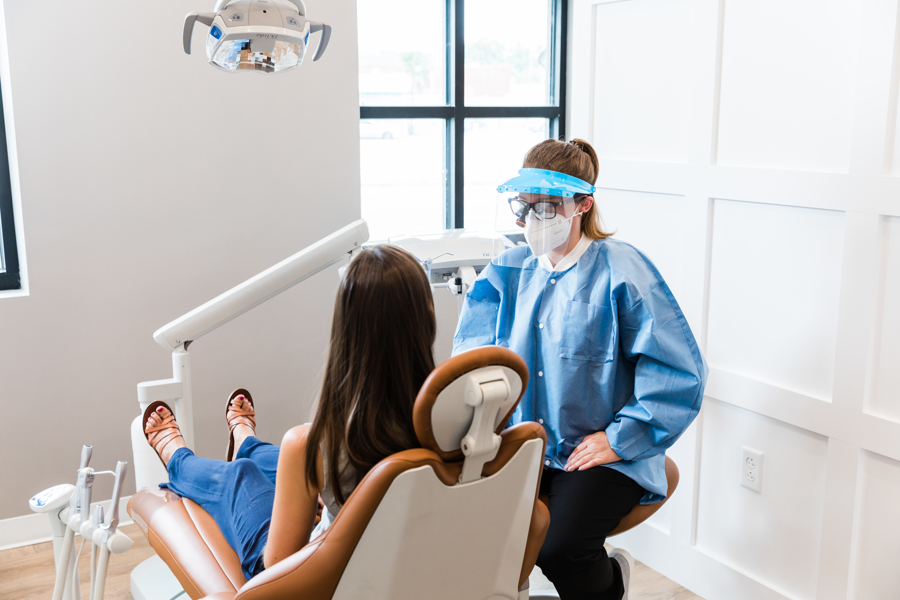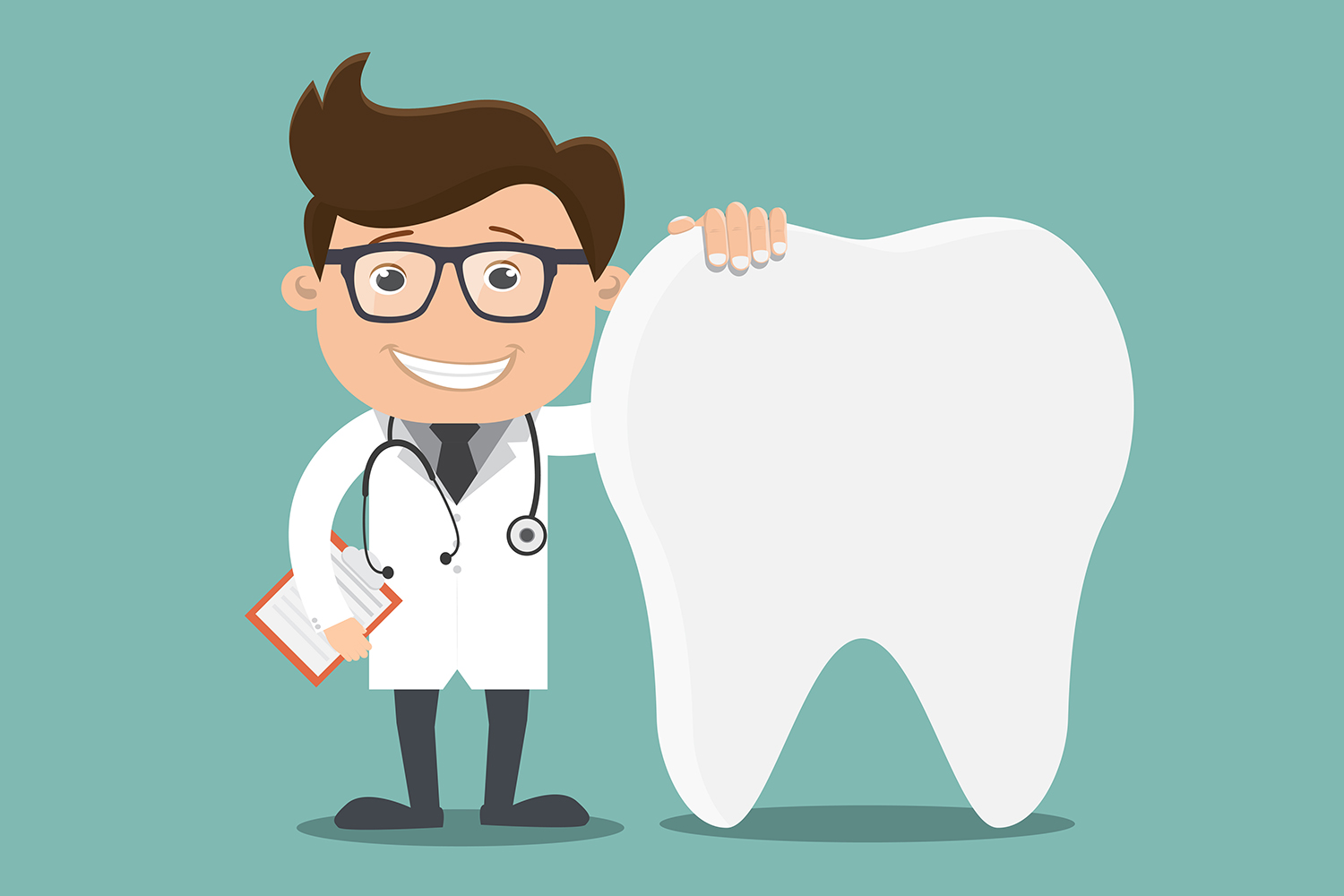What to Get out of Your First Visit to a Dentist in Eugene Oregon
What to Get out of Your First Visit to a Dentist in Eugene Oregon
Blog Article
Find Out About Regular Oral Concerns Your Dentist Can Settle
Comprehending regular dental concerns is essential for keeping ideal oral wellness. Concerns such as tooth cavities, gum condition, tooth sensitivity, foul-smelling breath, and tooth decay are typical yet frequently overlooked till they come to be extreme. Dental experts possess the experience to diagnose and treat these conditions, thus avoiding additional complications. Normal dental gos to and individualized treatment strategies can address these issues properly, guaranteeing a much healthier and brighter smile. What certain treatments do dental experts utilize to deal with these issues, and just how can early treatment make a distinction? The answers to these concerns use valuable insights right into securing your dental wellness.
Cavities
Cavities, additionally referred to as tooth decays, are a common oral health concern created by the demineralization of tooth enamel as a result of acid manufacturing from bacterial plaque. This process begins when germs in the mouth metabolize sugars and starches from food, creating acids that erode the enamel. Otherwise resolved without delay, this erosion can penetrate deeper right into the tooth, impacting the dentin and eventually the pulp, potentially leading to severe discomfort and infection.
The beginning of dental caries development often existing as white places on the tooth surface area, indicating initial demineralization. As the procedure proceeds, these areas can turn into black or brownish sores, symbolizing more substantial degeneration. Regular dental check-ups are important for early discovery, as tooth cavities in their nascent phases can be treated with remineralization strategies, such as fluoride therapies.
Dental experts normally get rid of the decayed section of the tooth and fill up the dental caries with materials such as composite material, amalgam, or ceramic. Preventative steps, consisting of good oral hygiene practices and nutritional alterations, play a critical function in alleviating the risk of tooth cavities.
Gum Condition
While tooth cavities represent a substantial worry for dental wellness, one more critical concern that requires attention is gum tissue disease. Recognized as periodontal condition, periodontal condition is an inflammatory problem affecting the cells surrounding and sustaining the teeth. It is primarily brought on by the buildup of plaque-- a sticky movie of microorganisms that forms on teeth.
Gum tissue disease proceeds via phases, starting with gingivitis, identified by soreness, swelling, and hemorrhaging periodontals (dentist eugene or). If left without treatment, gingivitis can escalate to periodontitis, where the inner layer of the gum tissue and bone retreat from the teeth, developing pockets that become contaminated. Over time, the toxins produced by the microorganisms break down the bone and connective cells that hold teeth in location, potentially leading to missing teeth
Early discovery and treatment are critical. Professional dental cleanings and improved oral health practices, such as cleaning two times day-to-day and flossing, can manage gingivitis. For advanced phases, therapies might consist of scaling and root planing, antibiotics, or even surgical interventions.
Normal oral examinations play a pivotal duty in stopping and handling gum condition. Dental professionals can recognize early signs and advise suitable treatments, ensuring the upkeep of healthy periodontals and general oral wellness.
Tooth Sensitivity
Tooth sensitivity influences millions of people worldwide, providing a common yet frequently stressful oral issue. This problem arises when the enamel, the outer safety layer of the teeth, is endangered, disclosing the underlying dentin. The dentin includes tiny tubules that lead directly to the dental pulp, where nerves live. When exposed to stimulations such as hot, cold, wonderful, or acidic compounds, these nerves are activated, triggering sharp discomfort or pain.
Numerous aspects add to enamel erosion and succeeding tooth level of sensitivity, consisting of aggressive cleaning, acidic foods and drinks, periodontal recession, and bruxism (teeth grinding) Additionally, oral procedures such as teeth whitening can briefly increase sensitivity.
Foul Breath
Another widespread dental concern that affects people' lives is poor breath, medically described halitosis. This condition can be specifically stressful, impacting individual communications and self-worth. Bad breath usually stems from poor oral health, which permits food fragments to stay in the mouth, promoting microbial growth. These bacteria produce sulfur compounds, resulting in undesirable company website odors.

Dentists play a critical role in dealing with and diagnosing bad breath. They can recognize the origin with a complete exam and supply tailored advice and treatment strategies. Recommendations might include improving oral hygiene practices, such as normal cleaning and flossing, utilizing anti-bacterial mouthwashes, remaining moisturized, and attending to find out this here any type of oral issues. In many cases, a recommendation to a specialist might be necessary to deal with underlying health and wellness problems adding to foul-smelling breath. Effective monitoring of bad breath not only boosts dental health but also significantly enhances top quality of life.
Dental Caries

Stopping dental caries involves a mix of excellent dental health methods and routine dental check-ups. Brushing teeth a minimum of two times daily with fluoride tooth paste, flossing to eliminate plaque in between teeth, and restricting the intake of sugary foods and beverages are essential preventative actions. Fluoride therapies, oral sealers, and professional cleansings offered by a dental expert can also play a substantial duty in strengthening enamel and avoiding decay.
When dental cavity takes place, very early treatment is key. Dental experts can eliminate decayed tissue and restore the tooth with fillings made from redirected here materials such as composite resin, amalgam, or porcelain. In advanced cases, treatments like crowns, root canals, or extractions may be needed. By addressing dental caries promptly, dentists help protect dental structure and function, making sure lasting dental health.
Final Thought
Addressing usual dental concerns such as tooth cavities, periodontal condition, tooth sensitivity, foul breath, and dental cavity is vital for keeping optimal oral wellness and total health. Dental practitioners possess the competence to identify and treat these issues successfully, ensuring tailored look after each individual. Routine precautionary actions and dental examinations are necessary in recognizing and managing these issues early, advertising a much healthier and more certain smile over a life time.

Tooth degeneration, additionally recognized as dental cavities, happens when the enamel, the outer layer of the tooth, is worn down by acids produced by microorganisms in the mouth. Cleaning teeth at the very least two times daily with fluoride toothpaste, flossing to eliminate plaque between teeth, and limiting the intake of sweet foods and drinks are important precautionary measures.Addressing typical dental problems such as dental caries, periodontal disease, tooth level of sensitivity, bad breath, and tooth degeneration is important for maintaining optimum oral health and wellness and general wellness.
Report this page